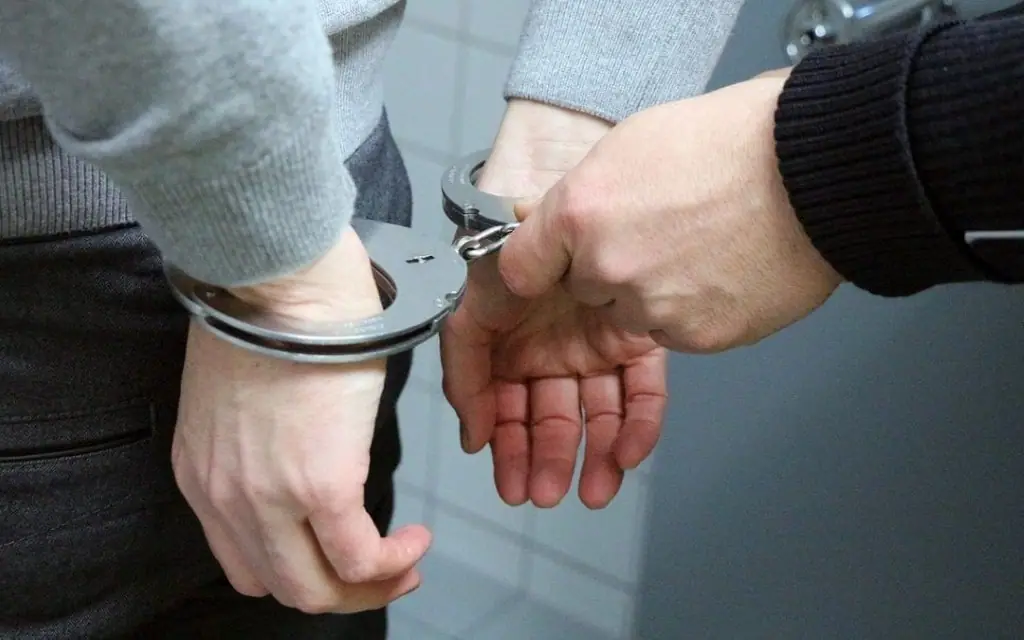Plea bargains are a fundamental component of the criminal justice system. They allow defendants to negotiate with the prosecution to resolve their cases without going to trial. This article delves into the concept of plea bargains in criminal cases, their significance, the process involved, and some common questions related to this legal practice.
Understanding Plea Bargains
Plea bargains, also known as plea deals or agreements, are voluntary agreements between the prosecution and the defendant in a criminal case. In these agreements, the defendant agrees to plead guilty to one or more charges, often in exchange for concessions from the prosecution. These concessions may include reduced charges, a lighter sentence, or the dismissal of certain charges.
The Significance of Plea Bargains
Plea bargains play a crucial role in the criminal justice system for several reasons:
- Case Resolution: Plea bargains help expedite the legal process. Trials can be time-consuming and expensive, and by reaching an agreement, both the court and the parties involved can save valuable resources.
- Predictable Outcomes: With plea bargains, defendants have more control over the outcome of their cases. They can negotiate for reduced charges or sentencing, leading to more predictable results.
- Reduced Caseload: Courts are often overwhelmed with cases. Plea bargains help reduce the caseload by resolving cases efficiently, allowing the court to focus on more complex matters.
- Avoiding the Uncertainty of Trial: Going to trial can be risky. Defendants may choose to accept a plea bargain to avoid the uncertainty and potential severe consequences of a trial verdict.
The Plea Bargain Process
Plea bargains involve a series of negotiations and legal procedures:
- Initial Offer: The prosecution typically initiates the process by presenting a plea offer to the defendant or their attorney. This offer outlines the proposed terms of the plea bargain.
- Negotiations: The defendant, with the guidance of their attorney, can counter the initial offer or suggest modifications. Negotiations continue until both parties agree on the terms.
- Acceptance: Once both sides reach an agreement, the defendant must formally accept the plea bargain in court. The judge will review the agreement and ensure the defendant understands its terms.
- Sentencing: If the plea bargain includes a reduced sentence, the judge will pronounce the agreed-upon sentence. This marks the conclusion of the case.
Are plea bargains always a good option for defendants?
While plea bargains offer benefits such as reduced sentences, they may not be the best option for every defendant. It depends on the specifics of the case and the defendant’s goals. Consulting with an experienced attorney is crucial to making an informed decision.
Can a defendant change their mind after accepting a plea bargain?
In some cases, a defendant can withdraw from a plea bargain, but it is a complex legal process. It usually requires the defendant to demonstrate a valid reason, such as inadequate legal counsel or coercion.
Are plea bargains available for all types of criminal cases?
Plea bargains are common in a wide range of criminal cases, from minor infractions to serious felonies. However, their availability may vary depending on the jurisdiction and the specific circumstances of the case.
Do plea bargains result in a criminal record for the defendant?
Yes, accepting a plea bargain typically involves pleading guilty to a charge. This results in a criminal record for the defendant. However, the specific charge and its consequences will depend on the terms of the plea bargain.
Conclusion
Plea bargains are a critical aspect of the criminal justice system, allowing for the efficient resolution of cases and offering defendants an opportunity to negotiate favorable terms. While they can be advantageous, it’s essential for defendants to weigh the pros and cons carefully and consult with experienced legal counsel. Understanding the plea bargain process is crucial to making informed decisions when facing criminal charges.







